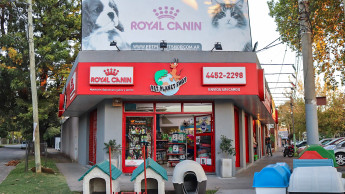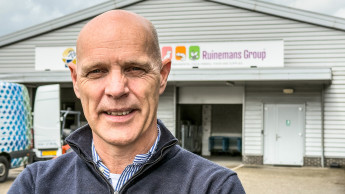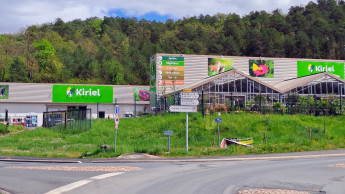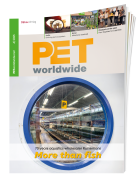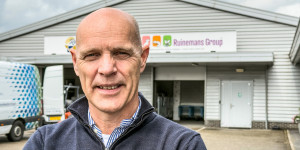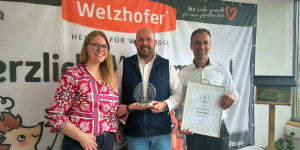Large food retail chains use private labels to maintain a high profile with low prices that are not directly comparable, in the picture: the French retail company Géant in Poland.
Private labels conquer new market segments
On the shelves of the large retail chains private labels are mainly found on packs of wet food for cats and dogs. A further product group that is also covered extensively by private label products is cat litter. Private labels are less widespread in the dry food sector and on bird and rodent food, but this could soon change throughout Europe. As can be noted in the UK, for example, and increasingly in Germany too, the private label market is becoming more diversified. Private labels have been on offer in the pet product aisles in the stores of leading British food chains like Tesco or Sainsbury for many years. Initially reserved for medium-priced and premium products, private labels now cover life cycle lines to an extent that was previously only the case with products from manufacturers of brand names. And the dry food segment is also becoming increasingly interesting for the manufacturers of private label products.
More competition from manufacturers
The number of producers is rising in parallel with the growing significance of private labels. As well as traditional private label manufacturers like Continentale Nutrition, Arovit/Daone, Saturn etc, who have been active players in this sector for a long time, an increasing number of branded manufacturers now regard the production of private labels as having considerable potential for growth. In Eastern Europe particularly, which is a very dynamic market because of the rapid expansion of Europe’s leading food chains, the pet market is still far from saturated and a trend towards expansion of the overall market can already be seen in major cities like Budapest, Warsaw and Prague. An upturn in sales in the pet product sector can be expected as buying power increases in the new EU states.
Discount stores and speciality retailers
In addition to the traditional food chains, discount stores are a particularly interesting outlet for manufacturers of private labels. Companies such as Aldi or Lidl are currently expanding across Europe and private labels are a major part of their lines. Specialist shops are tending to show a stronger commitment to private labels, too. Most companies have limited their activities with private label products hitherto to the low price range of cat and dog food, and to cat and rodent litter. This was mainly a safety measure against a price war initiated by the food chains. Fressnapf, the largest European speciality retail chain, which is now active in seven different European countries, is showing that there is an alternative route. Fressnapf currently distributes over 300 different private labels under the brand names “Fit + Fun”, Multifit”, “Premiere” and “Select Gold” in its 600 outlets and covers all product groups across all price ranges. Although the concept of private labels includes fewer and fewer of the typical “me too” products, it diversifies more with innovative products not yet developed by the branded manufacturers. The margins that can be achieved with private labels are usually much higher than those of branded manufacturers, which could mean that pet retail chains might ride the new wave in future and differentiate themselves from the competition by developing their own product lines. The private label industry is glad.
The speciality retail chain Fressnapf offers a growing range of private labels in all product groups.
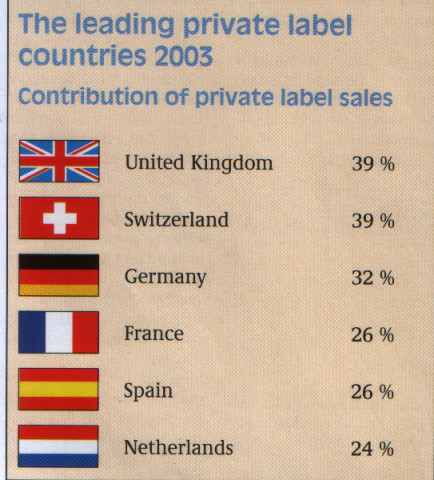
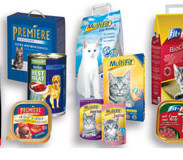

 Menü
Menü

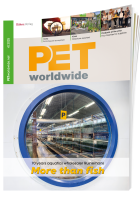



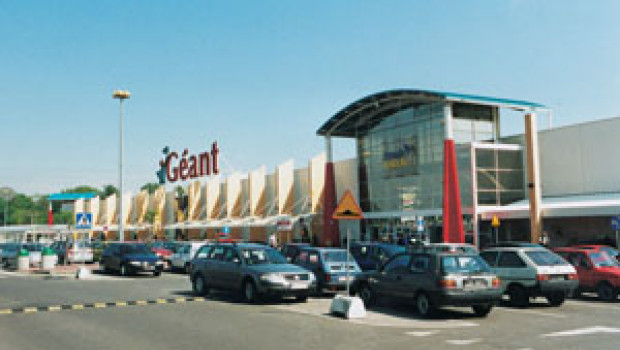
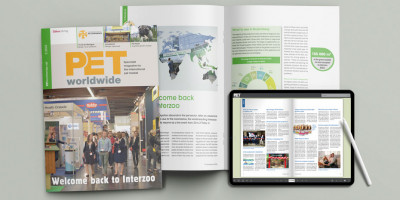
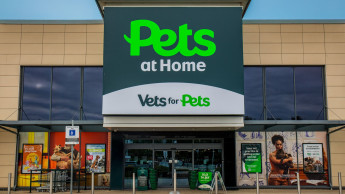
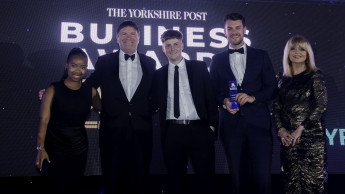
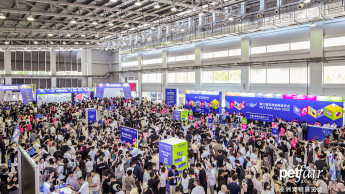
 Print - digital - online
Print - digital - online